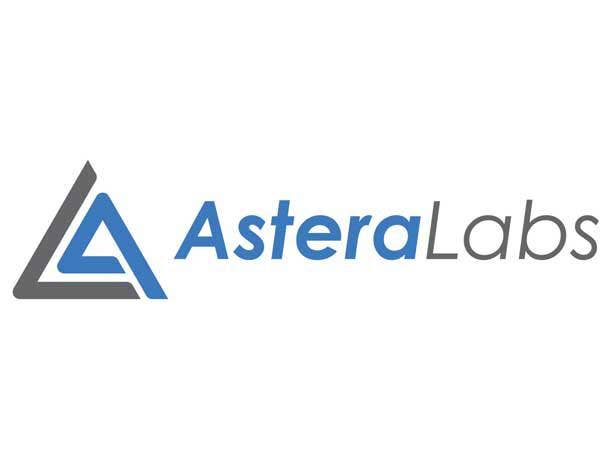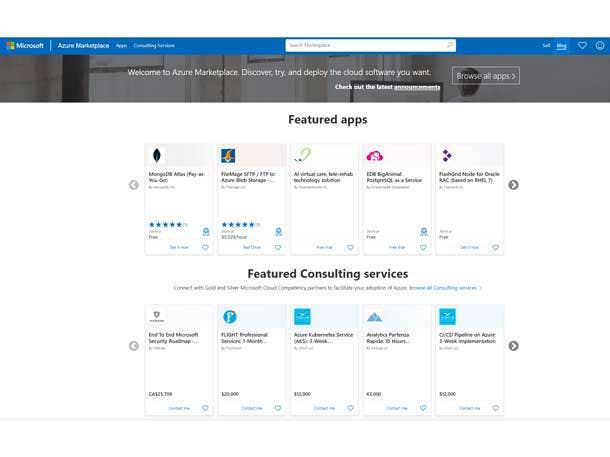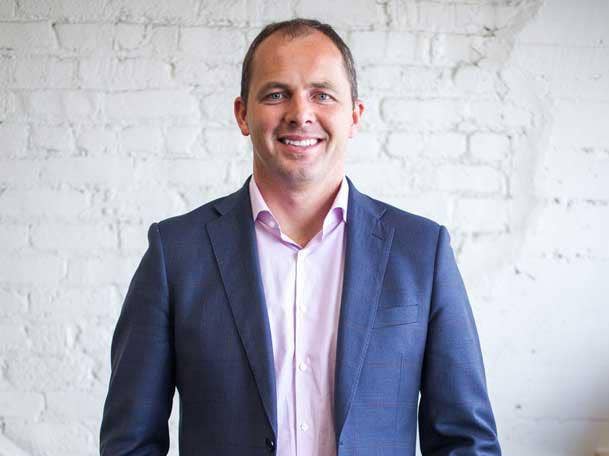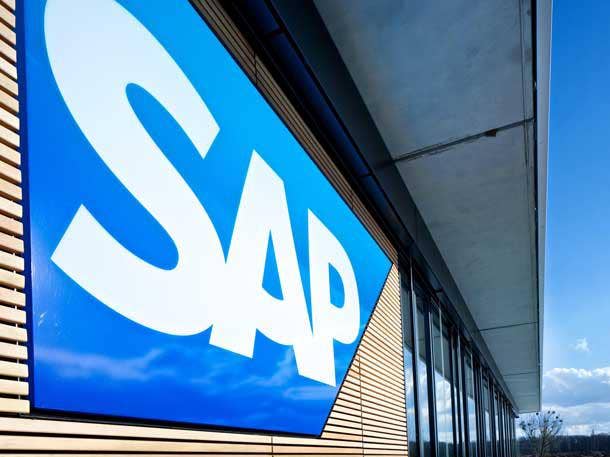5 Companies That Came To Win This Week
For the week ending Nov. 18, CRN takes a look at the companies that brought their ‘A’ game to the channel including AWS, Microsoft and SAP.

The Week Ending Nov. 18
Topping this week’s Came to Win list is chip startup Astera Labs, which bucked the current headwinds in venture capital and raised an impressive $150 million in funding, boosting the company’s value to more than $3 billion.
Also making the list are AWS for expanding its cloud reach in Europe with plans to implement a new cloud region and new data centers in Spain, Microsoft for its plans to provide its service and ISV partners more opportunities through its online marketplace, and SAP for unveiling its new low-code SAP Build development toolkit that will provide business users with a way to assemble applications and automate workflows.
And IGEL makes the list for its bold move to exit its thin-client hardware device business and focus on expanding sales of its popular Linux secure edge operating system.

Chip Startup Astera Labs Rockets To Over $3B Valuation After Funding Round
Startup companies are finding it more difficult to raise venture funding amid the current economic uncertainty. But Astera Labs, which develops data and memory connectivity technology, bucked that trend this week by raising $150 million in a Series D funding round that bolstered its valuation to an impressive $3.15 billion.
Astera Labs has developed multiple products that enable higher bandwidth, increased memory capacity and better connectivity for data centers through Compute Express Link, PCIe and Ethernet technologies. The company’s latest product line, the Leo Memory Connectivity Platform, leverages CXL industry standards to enable AI and machine learning systems in the cloud.
Major semiconductor companies have reported mixed financial results in recent quarters. But Astera, based in Santa Clara, Calif., has continued to grow, this year opening two research and design facilities in Canada and continuing hiring in North America and Asia.

AWS Pouring Billions Into European Expansion, New Cloud Regions
Amazon Web Services is investing billions of dollars into expanding its cloud reach in Europe, this week launching a new cloud region and data centers in Spain. AWS plans spend $2.5 billion in Spain over the next 10 years, the company said.
AWS’ new Europe Spain Region consists of three availability zones and joins seven existing AWS European regions in Dublin, Frankfurt, London, Milan, Paris, Stockholm and Zurich. AWS regions are made up of availability zones that install IT infrastructure in separate and distinct geographic locations to support business continuity.
The plans for Spain come on the heels of an announcement earlier this month of plans to create a new cloud region in Switzerland and invest nearly $6 billion in that country over the next 14 years. AWS is also developing cloud regions in Australia, Canada, India, Israel, New Zealand and Thailand.

Microsoft Promises Marketplace Multiparty Partner Private Offers In 2023
It’s been a year of significant changes in the Microsoft partner ecosystem. But this week Microsoft offered potential opportunities for its service and ISV partners to grow amid the current economic uncertainty.
Microsoft, for example, is stepping up its investments in its online marketplace. Specifically, the software giant is promising that the marketplace will provide functionality for multiparty partner private offers starting in early 2023.
Multiparty private offers give service partners the ability to create personalized offers with customized payouts through the marketplace. The multiparty private offers’ capability is slated to be available for private preview soon.
Microsoft also said this week that ISV Success, an initiative to help ISVs get more out of the Microsoft partner program, has entered public preview. ISV Success will provide a number of expanded benefits for ISV partners including qualifying for additional cloud credits.

IGEL Moves To Exit Hardware Business, Focus On Secure Linux WorkSpace OS
IGEL is making a bold move to exit its thin-client hardware device business and focus on making its popular Linux secure edge operating system the standard for Windows workspace computing across any device or cloud.
IGEL is the No. 3 provider of thin clients in North America and Europe with an installed base of 3 million devices. The decision to halt production of hardware thin clients opens the door for IGEL to provide its next-generation edge operating system through heavyweight hardware partners LG, Lenovo and HP Inc.
The idea of making IGEL a software-only company has been a goal of CEO Jed Ayres (pictured) since he joined the company as CEO of North America six years ago.
IGEL now has 150 software developers and is investing heavily in building out two software development centers in Germany. The exit from the hardware business is expected to unleash a new round of software R&D aimed at unlocking the value of the IGEL OS working with Amazon Web Services, Microsoft Azure, VMware and Citrix in a Software-as-a-Service- and Desktop-as-a-Service dominated market.

SAP Offers Low-Code AppDev Tools To Address Professional Developer Shortage
Digital transformation initiatives and other major IT projects are facing delays because of a growing shortage of professional programmers. SAP took a step this week to make up for that shortage by launching its new SAP Build low-code development environment that brings software development capabilities to a wider audience of business users.
The new SAP Build, launched this week at the SAP TechEd conference in Las Vegas, will allow business users with minimal technical expertise to create and augment business applications, automate business processes and design business websites, according to the company.
Line-of-business managers and employees in such functions as finance, procurement, customer service and human resources are close to many of the requirements and challenges around digital transformation projects and can help accelerate them if given the right development tools.
Many of SAP’s 23,500 partners will also benefit from the SAP Build products. The toolset can be sold by SAP reseller partners, used by ISV partners to create applications that can be sold through the online SAP Store, and utilized by systems integration and consulting partners who do custom application development and integration work for customers.
SAP also said it is committing to increasing the number of professional developers by tripling free training offerings on the SAP Learning site, as well as working with learning platform provider Coursera to help people pursue development careers within the SAP ecosystem.